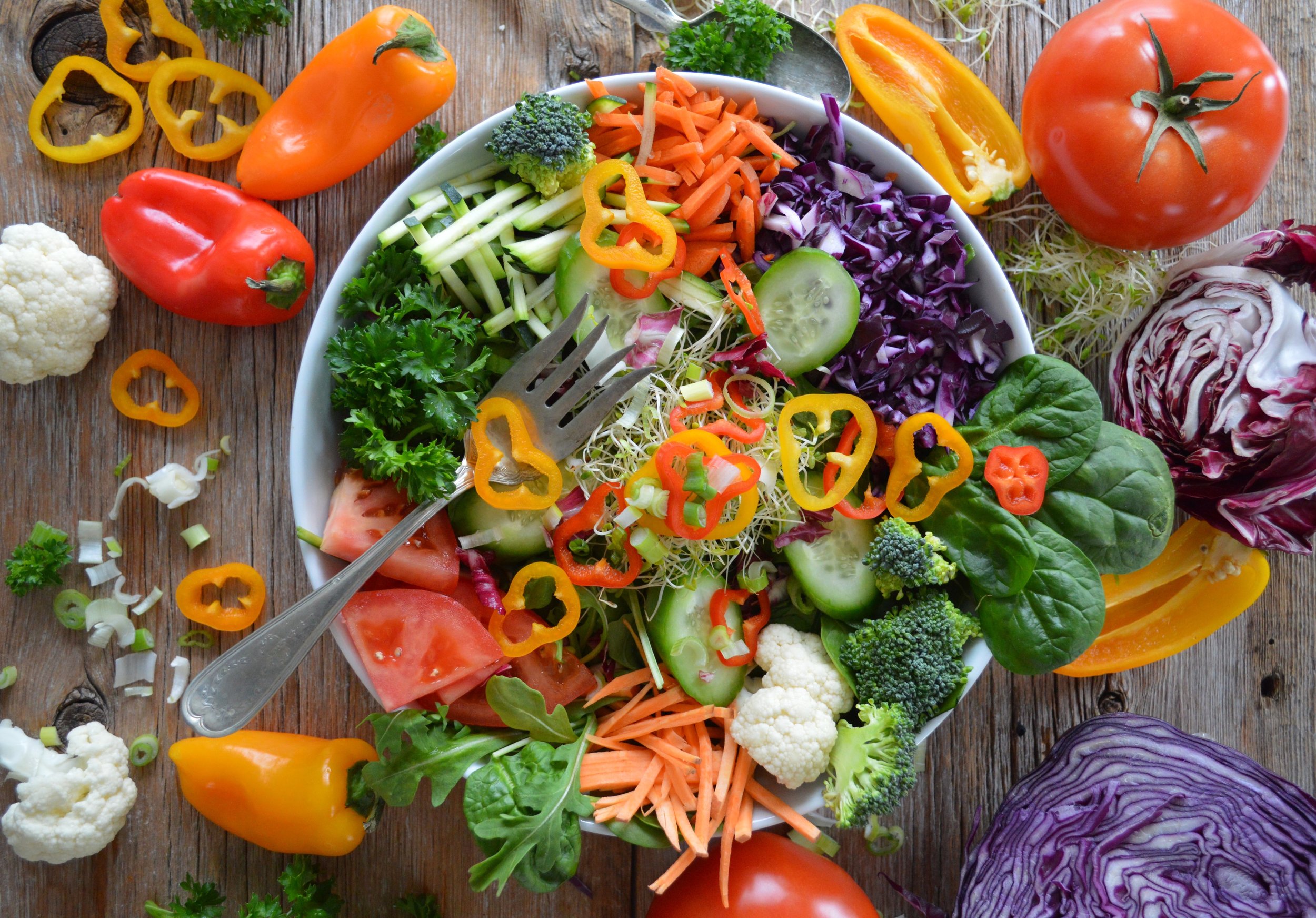Rosh Hashanah: A Taste of Honey
/“A taste of honey, tasting much sweeter than wine…”
So goes a classic song from 1961, later covered by the Beatles.
Indeed, honey is a gustatory and sensory experience most powerfully perceived during Rosh Hashanah, as we dip apples in honey, swaddle our bread in honey and serve pastries made with honey.
Why Do We Dip Apples In Honey On Rosh Hashanah?
One of the most pervasive customs around Rosh Hashanah is eating apples with honey. Apples are symbolic of the Garden of Eden and represent the sweet year that we hope to have. Honey symbolizes the sweetness of life and encapsulates our hopes for the new year. It is also a reminder of one of the Biblical attributes of the Land of Israel, a land “flowing with milk and honey.”
But ancient honey was very different from the commercial honey that we consume nowadays. A good-quality raw honey contains an abundance of amino acids, vitamins, minerals, anti-oxidant polyphenols, pollen, enzymes and probiotic bacteria such as acidophilus. Raw honey is a very rich food!
What Is Wrong With Most Commercial Honey?
By contrast, honey that has been processed is much less nutritious than raw honey. Pasteurization extends shelf life, while filtration removes debris and air bubbles so the honey looks smoother. The heat treatment reduces the viscosity and make it easier to pour. It also destroys the beneficial enzymes and reduces the antibacterial and antimicrobial properties. Some honeys undergo an additional ultrafiltration step that removes pollen, enzymes and antioxidants. What is left is nutritionally sterile: refined sugar in liquid form. Additionally, it’s very likely that the fields that the bees pollinate have been sprayed with pesticides and other chemicals.
As if the sterilization and filtration are not enough, honey is often adulterated with glucose, high-fructose corn syrup or starch to make it cheaper. This particularly applies to honey imported from China. Since there is no reliable regulatory body safeguarding consumers from adulterated versions, I suggest avoiding cheap commercial honey altogether.
Where Can Trustworthy Honey Be Found?
How does a consumer know that the honey is real? Buying raw local honey from actual beekeepers at farmer’s markets is one way to ensure you are getting real honey. Real unadulterated honey should contain the producer’s name and information on the product label. It should say “raw” and “unpasteurized” on the package. And it should be local, if possible. Short of buying it from a local vendor, trustworthy brands can be found at Whole Foods, Amazon or Costco. We buy our raw honey from Costco (the Kirkland brand) and YS Eco Bee Farms Raw Honey from Amazon.
Why Do We Eat Apples On Rosh Hashanah?
Along with honey, apples are highly coveted during Rosh Hashanah. The custom to eat apples on this holiday may have begun in the Middle Ages, when apples became more widely cultivated.
But seasonality also plays a strong role in the apple being a Rosh Hashanah fruit: Popular apple varieties such as Fuji, Gala, McIntosh and Honeycrisp are first harvested during September.
What Are The Health Benefits Of Apples?
In addition to the religious symbolism and seasonality, why are apples held in such esteem in our culture’s health consciousness? Apples are full of fiber, vitamin C and certain anti-oxidants, which makes them not only the perfect holiday fruit but also the perfect antidote to other not-so-savory food cravings at this time of year. As the ancient aphorism states, “an apple a day keeps the doctor away”.
Not surprisingly, modern nutritional science is increasingly backing this up. According to Cornell University biochemist T. Colin Campbell, “it is now clear that there are hundreds, if not thousands of chemicals in apples, each of which in turn may affect thousands of reactions and metabolic systems. This enormous number and concentration of vitamin-C like chemicals in apples poses a serious challenge to the notion that a single chemical – vitamin C or anything else – is responsible for the major health-giving properties of apples.” This supports the contention that the whole food in its natural state is always more potent than any of its individual components.
Why Buy Organic?
Before you go shopping for your Rosh Hashanah apples, consider buying organic. Conventional apples are doused with a heavy amount of synthetic pesticides (ranking fifth on the EWG’s list of most contaminated fruits and vegetables). But if you can’t buy organic, then you can clean the apples with a mixture of baking soda (1 tsp) and water (2 cups). This hopefully removes more of the pesticide residue than simply rinsing with water.
Have a sweet and consciously kosher New Year! Shana Tova u’Metuka!



